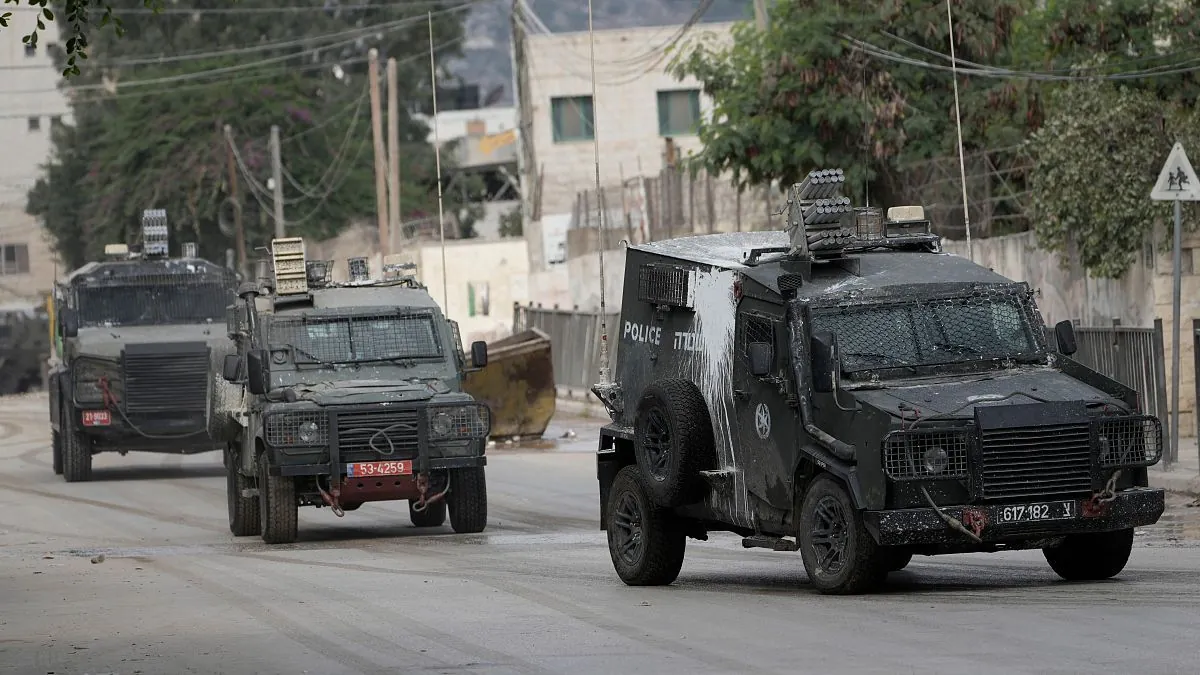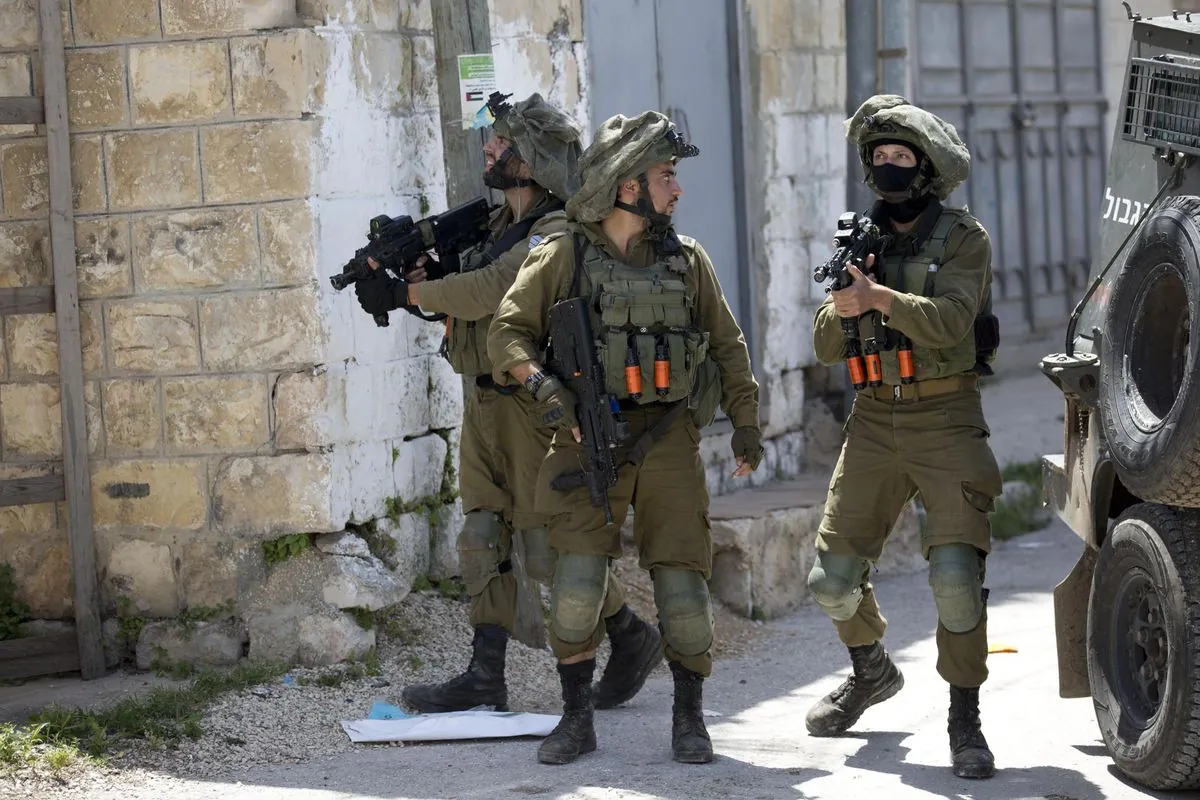Israel Launches Major Military Operation in West Bank, Casualties Reported
Israel conducts extensive counterterrorism operation in occupied West Bank, resulting in Palestinian casualties. Concerns raised over impact on local hospitals amid ongoing military activities.

One year ago, on August 28, 2023, Israel initiated a significant military operation in various regions of the occupied West Bank. This action, occurring in areas including Jenin, Tulkarm, and the al-Fara'a refugee camp near Tubas, resulted in reported casualties and raised concerns about the impact on civilian infrastructure.
The Israel Defense Forces (IDF), established in 1948, stated that the operation aimed to target "terrorist infrastructures." According to Israeli officials, their forces encountered armed resistance and explosive devices during the large-scale operation, which included air support. The military action involved house-to-house searches, arrests, and the establishment of checkpoints.

Palestinian health authorities reported that at least nine individuals lost their lives during the overnight operation. While Israeli officials claimed those killed were militants, the Jenin Battalion, a local militant group, acknowledged the loss of six of its members. It remains unclear if these casualties were included in the official count.
The Palestinian Health Ministry, founded in 1994 as part of the Oslo Accords, expressed concern over what it described as a "siege" of hospitals in Jenin, Tulkarm, and Tubas. The ministry warned of potential risks to patients and staff, accusing Israeli forces of obstructing access to medical facilities.
In response to these allegations, IDF spokesman Lt. Col. Nadav Shoshani stated that militants have used hospitals as cover for attacks against Israeli forces. He emphasized that the IDF was attempting to prevent hospitals from becoming combat zones and assured that there were no plans to seize or capture medical facilities in Jenin.
It's important to note that the West Bank, home to approximately 3 million Palestinians, has been under Israeli occupation since the Six-Day War in 1967. The region includes numerous Israeli settlements, considered illegal under international law. The area is divided into different administrative zones as per the Oslo Accords of 1993 and 1995, with the Palestinian Authority exercising limited self-governance in certain parts.
The recent military operation highlights the ongoing tensions in the region. Jenin, known for its refugee camp established in 1953, has been a focal point of conflict, notably during the Second Intifada in 2002. Similarly, Tulkarm, one of the largest Palestinian cities in the West Bank, and the al-Fara'a refugee camp, established in 1949, have experienced periodic unrest.
International humanitarian law explicitly prohibits the targeting of hospitals and medical facilities during conflicts. As such, the reported impact on healthcare infrastructure in the West Bank raises significant concerns among human rights organizations and the international community.
As the situation continues to evolve, the long-standing Israeli-Palestinian conflict remains a complex and contentious issue, with far-reaching implications for regional stability and the lives of millions of people in the occupied territories.
"We are trying to prevent the hospital from becoming a war area that these terrorists are firing from."
This ongoing military operation serves as a stark reminder of the challenges facing the pursuit of peace and stability in the region, underscoring the need for continued diplomatic efforts and international attention to address the root causes of the conflict.


































